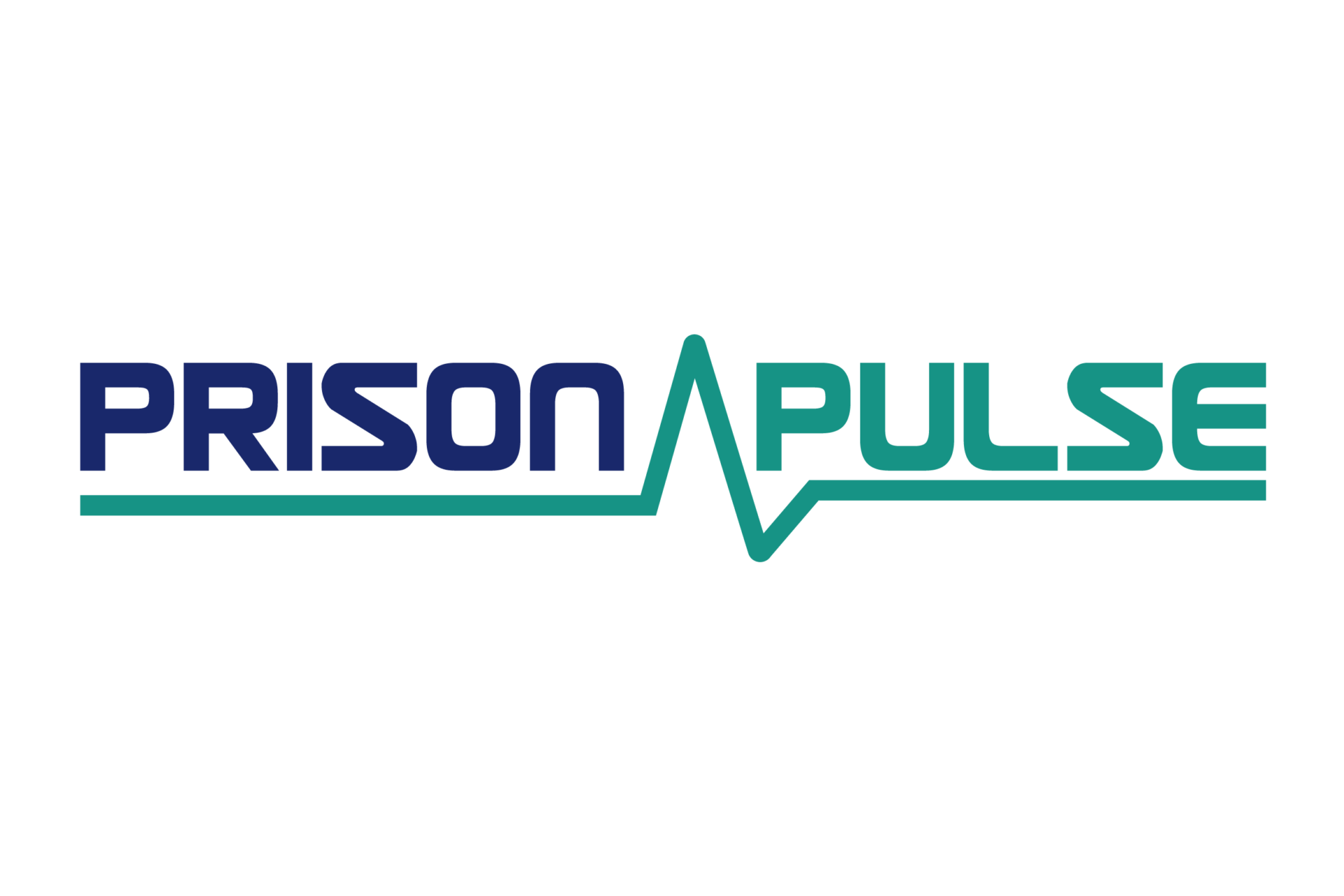One of the most important pieces of information that I wish to share with you in this article deals with your “eligibility dates” which you will receive at some point during your incarceration. You will likely be given little or no information pertaining to this subject by your initial institution prior to receiving your documents. I would strongly suggest that you be proactive in seeking out this information as early as you possible can. First, these dates are only approximate dates and are by no means the day when they will happen. The one specifically that I would like to elaborate on is the eligibility date shown for “Day Parole”. This “Day Parole” requires an inmate to submit a “Request Form” to their “P.O.” to start the process for your opportunity in front of the “Parole Board”. So, if you are sentenced to 3 years or less it would mean that it would be necessary to submit a “Request Form” immediately after arriving at your “Provincial Institution” also known as the “Bucket” to have 5 months prior to your” Eligibility for Day Parole” date. This is the amount of time required by the Federal Prison System to process this request. So, as I already mentioned none of this important information will necessarily be explained to you at any of your institutions until perhaps after your “Day Parole” date passes by and you begin to inquire why you never were approached about it. If by chance, you are g ranted “Day Parole” you need to understand that this “Parole” comes with many more restrictions than “Full Parole”. It usually requires that you get placement into a “Halfway House” rent free with some providing meals as well at no cost. In most cases you may be required to obtain a job within the community and may be required to wear an ankle bracelet when doing so. You will also have a curfew time when you must be back at your “Halfway House” in the evenings. The required time that you would spend in these “Halfway Houses” would be determined by your “Community Parole Officer” before being allowed back into your community on your own.
In regard to being granted “Full Parole”, this is legislative driven and does not require an inmate to submit a “Request Form”. Usually a “Parole Board” hearing is arranged around 1 month prior to your “Full Parole” date. “Full Parole” comes with fewer restrictions along with the ability to return to your own residence. There will likely be already established court ordered restrictions on what you can and cannot do and where you may or may not go. Usually you will be assigned a “Community Parole Officer” that you are required to check in with once a week at the beginning and perhaps less often as your “Community Parole Officer” sees fit, depending on how you conduct yourself over the course of time.
For either of these paroles to be granted by the “Parole Board” you must have completed any programs that your “P.O.” had indicated that you needed to do prior to the dates indicated on your paperwork.
Mikey,
Fenbrook

